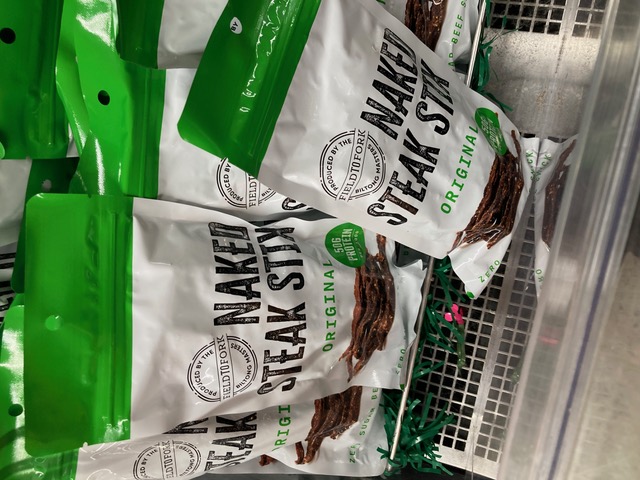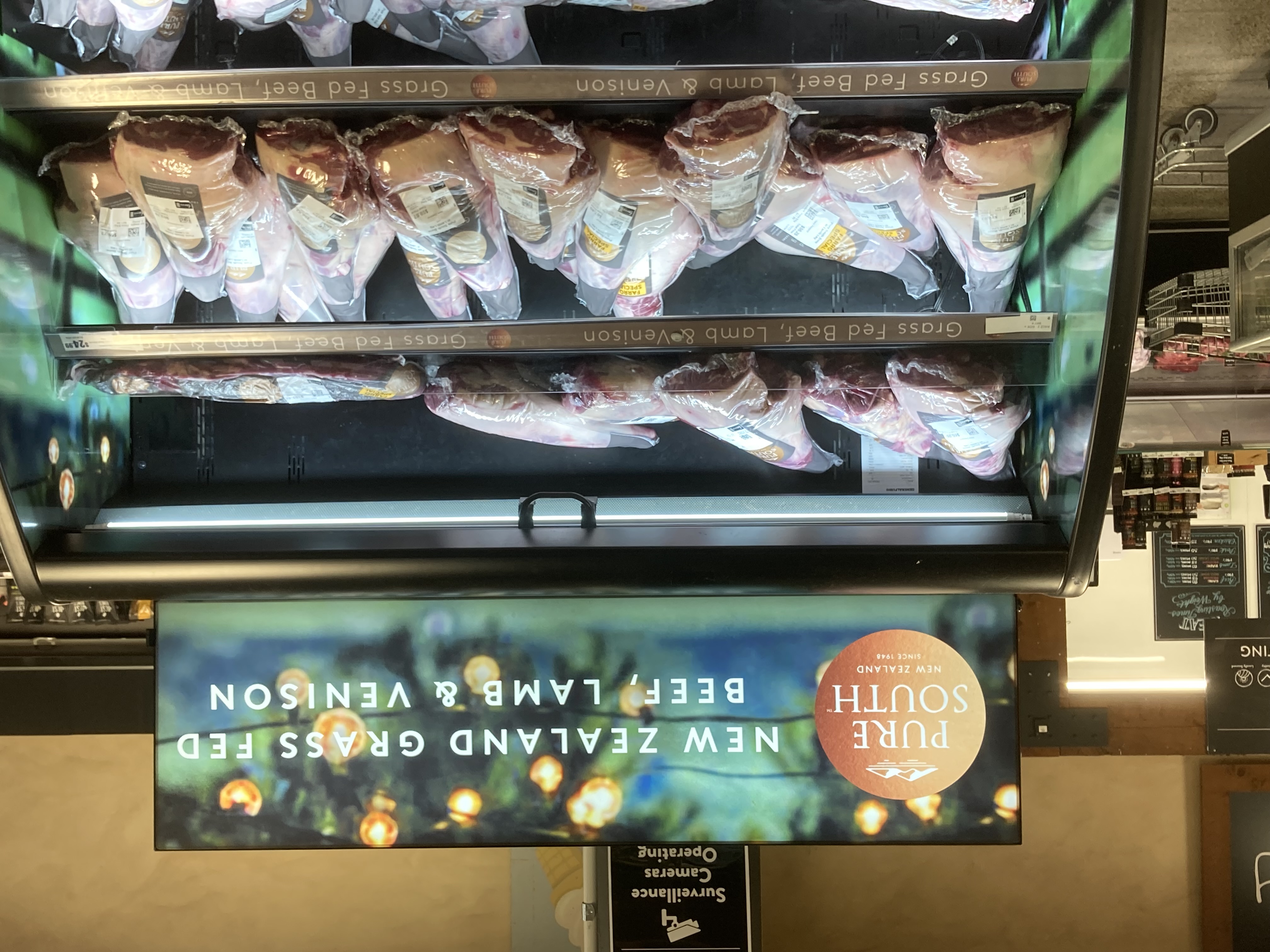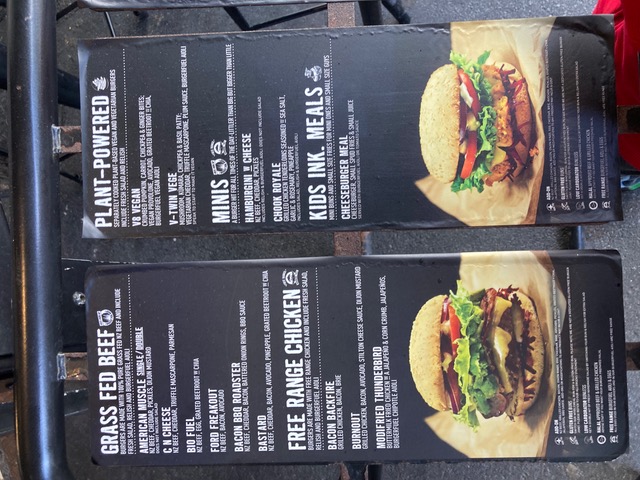New Zealand and Australia, as with so many markets, are seeing a surge in interest – mostly, but not solely, among young men – in consuming more red meat, specifically beef and lamb, for taste and better health and nutrition. Here's a few examples of real consumers who we interviewed recently.
First, a 48-year-old senior executive in the tech world who has found that if he snacks daily on dried meat snacks produced by his local butchery, "I feel satiated, it just takes away any desire to snack.” Is he concerned about health? “Yes, there's fat on them, but I don't mind about that,” he says. “I'm not eating bars, having less sugar. It's a really easy and natural way to eat."
Second, here's a dental surgeon in her fifties who sees herself as paying close attention to science. She became carnivore, starting with watching videos from Dr Ken Berry, and then doing her own research, which, as someone with a science degree, she feels capable of doing.
"I've been semi-carnivore for three years,” she says. “I've never felt better. And my skin is better than it has been." She's not strict carnivore; she is flexible because her partner prefers plants – although her partner now is starting to consume more meat because she sees the benefit to her other half. In addition, they're mindful that as they age, they need to increase protein intake, because they've seen from their own parents – in their late eighties – what happens with muscle loss.
A father in Australia says: "My 16-year-old son starts his day with dairy protein powders. He goes to the gym, and then later on in the day, he will eat steak. And to keep his mother happy, he'll just push the vegetables around the plate a little bit. All his friends are the same. They all seem to be thriving on it, and it's made me think about increasing my beef intake a bit more."
His friend, with a science PhD, echoed this. "My son has become semi-carnivore. He has a science degree and he's clearly paid lots of attention to understanding the nutrition benefits and risks. And I have to say, he's clearly feeling mentally much healthier and happier than he used to, and it also supports his sports and fitness goals."
Whatever you or I, or a dietitian or a professor of nutrition science, might think about cutting down on plants, the fact is that among a growing number of younger, mostly male consumers that's what is happening. And it's not new, nor a fad – the habit first emerged around 2017 and is only showing signs of getting stronger.
It’s a reminder that the consumer is in the driving seat. No amount of dietitians calling out “misinformation” when it comes to influencers recommending carnivore and semi-carnivore diets are going to have any effect whatsoever. Today's consumers are digitally savvy and online they can find nutrition scientists, medical doctors and yes, even dietitians, telling them how higher consumption of beef and lamb will benefit their mental and physical health. And when they try it out, that's what they find, and tell others about.
This is not going to become a mass-market trend, any more than that other exclusionary diet called veganism ever did, but it will be another significant niche in the world of food. And at the moment, it looks like it's going to keep on growing for some time yet.

New meat snacks are pouring onto the market all the time in Australia and New Zealand and finding growing demand.

In New Zealand, supermarkets make a good presentation of grass-fed meat. For the health-active consumer the grass-fed message is a compelling one that enables them to feel good about their choice. It aligns with their beliefs that grass fed is healthier for them, for the planet and for the animal.

Food service menus, like this from New Zealand chain Burger Fuel, are beginning to reflect increased interest in meat with nuanced messaging about 'grass fed' and 'free range'. These sit alongside “plant powered” as a reminder of consumer fragmentation.

